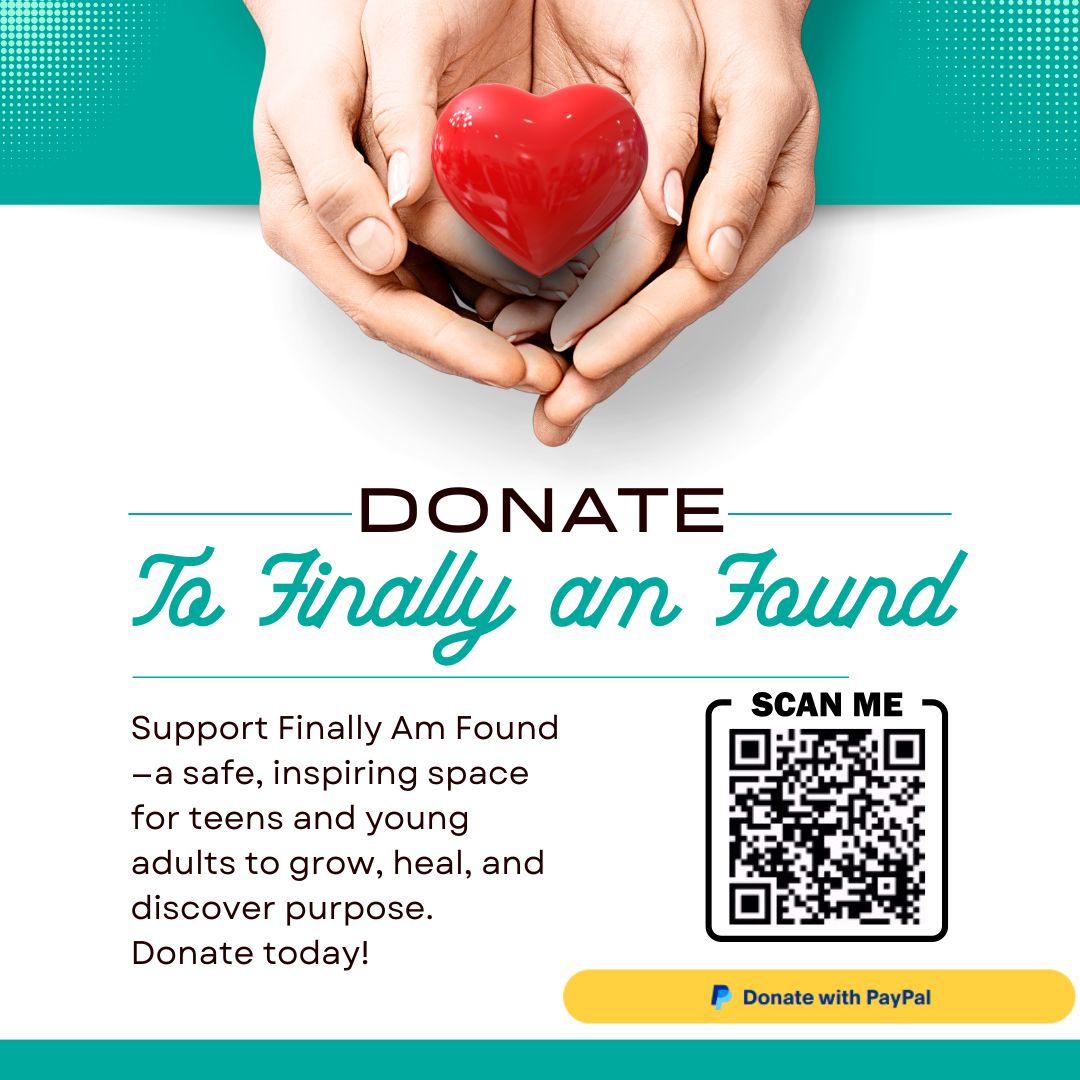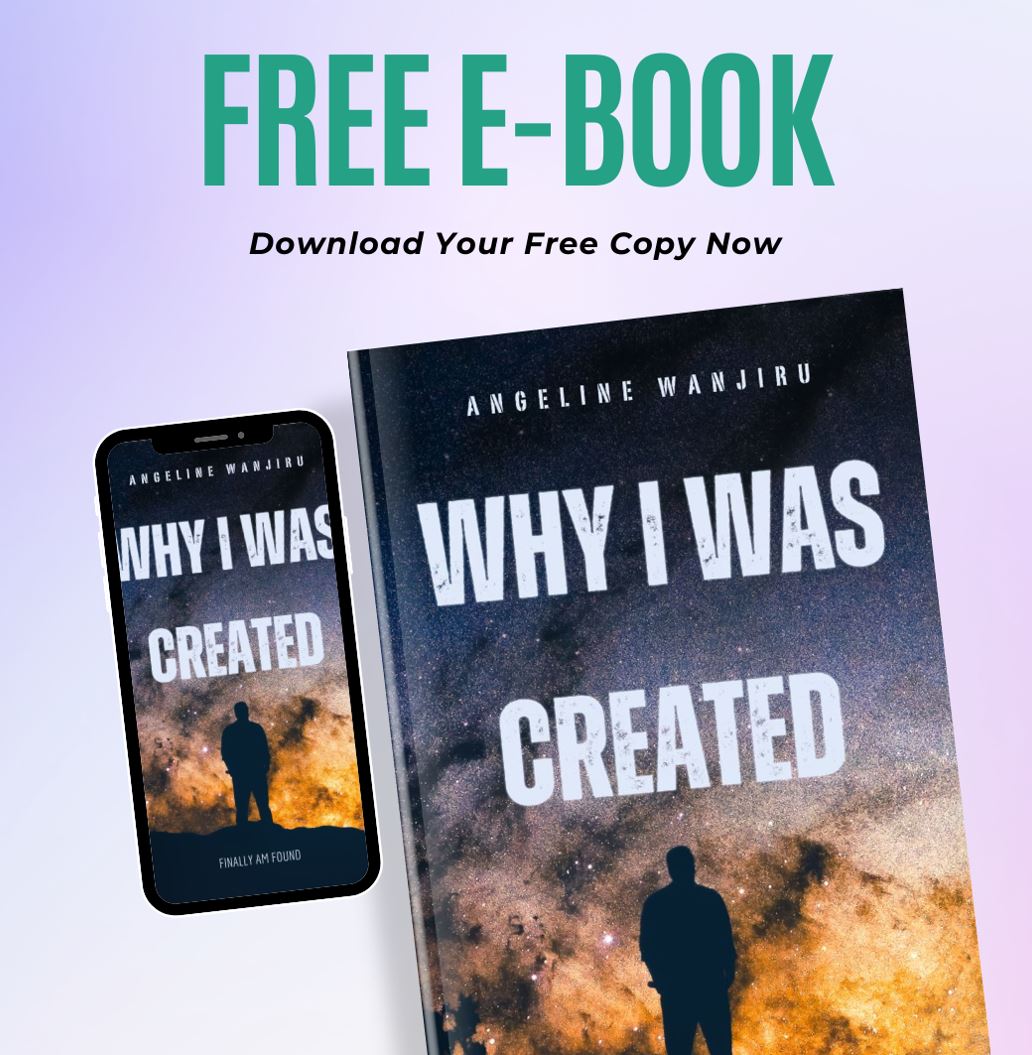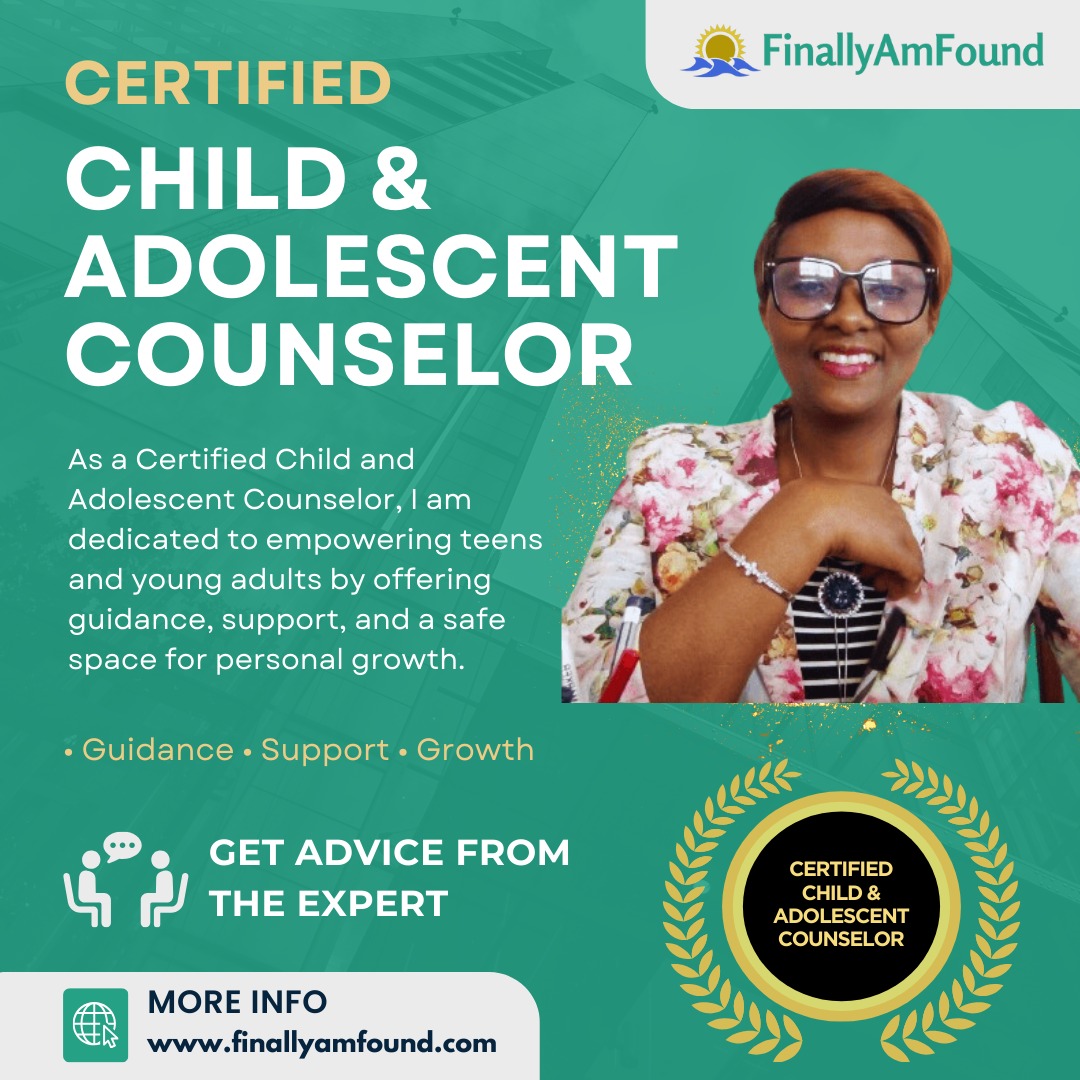Social media is part of everyone’s lives, especially for young people. It’s a double-edged sword, offering both connection and productivity but also potential pitfalls. Social media is a fun way to connect with friends, share interests, and explore the world online. But just like riding a bike, it’s important to learn the ropes before diving in. It is a powerful tool for sharing ideas and staying informed but also a risky trend. In an age dominated by technology, social media has become an integral part of our lives. However, what began as a platform for connection has transformed into a pervasive addiction, especially among young people. The constant scrolling, the relentless pursuit of likes, and the fear of missing out have created a generation deeply entangled in the digital world.
Recognizing Social Media Addiction
It’s essential to recognize the signs of social media addiction:
- Excessive use: Spending an inordinate amount of time on social media, neglecting other responsibilities.
- Withdrawal symptoms: Feeling anxious or irritable when unable to access social media.
- Neglecting relationships: Prioritizing online interactions over face-to-face connections.
- Impact on sleep: Difficulty sleeping due to late-night scrolling.
- Academic or work decline: Struggling with school or job performance because of social media distractions.
Your Privacy and Security Matter!
When using social media, it’s important to safeguard your personal information and online accounts. Here are some valuable tips to assist you in doing so:
- Use strong passwords that are unique to each account to prevent hackers from gaining access to all of your accounts if one password is compromised. Hackers might steal information like passwords and credit card numbers or disrupt a website or network by deleting data or causing crashes. They could steal information to sell or hold it hostage with ransomware, demanding a ransom to give it back.
- Be cautious about what you share online. Avoid sharing sensitive information, such as your home address, phone number, or financial information, as they can be misused if they fall into the wrong hands.
- Avoid oversharing personal information. Even seemingly harmless information, such as your birthdate or hometown, can be used to steal your identity or impersonate you online.
Managing Your Online Reputation
Social media can have a lasting impact on a young person’s online reputation. Here are some tips to help you manage your online reputation:
- Always consider the impact of your online posts. Once shared, it’s tough to retrieve or undo. Avoid posting anything you wouldn’t want everyone (including parents, teachers, future spouses and family, future employers or schools, or priests/pastors!) to see.
- Remember, colleges and employers often look at social media profiles when making decisions about admissions or hiring.
- Be mindful of the photos and videos you post. Avoid posting anything that could be embarrassing or harmful to your reputation, beliefs, and values.
Managing Your Digital History
Online history is the information about a person that exists online. Here are some tips to help you manage your digital history:
- Be aware of the information that exists about you online. Sometimes google yourself and see what comes up.
- Consider building a positive history, peaceful, loving, educative, or enjoyable in what you post or comment. Building a positive online presence by being respectful shows maturity and responsibility. When you’re kind and supportive online, it creates a positive ripple effect. It can make someone’s day, give them hope, feel loved, inspire others to be kind, and create a more welcoming online community.
Addressing Cyberbullying
Cyberbullying is a serious issue that can have a significant impact on a young person’s mental health. It’s when someone uses technology to harass, intimidate, or threaten another person. Whether it’s by sending mean messages, spreading rumors, or excluding them online, it can make someone feel isolated, scared, and even depressed. A nasty comment online might seem harmless, but it can have a lasting impact on someone. Words can be just as hurtful, or even more so, because they can be seen by a wider audience and stay online forever. Other examples include:
- Impersonation: Creating a fake account to pretend to be someone and spread rumors or embarrass them.
- Altering photos: Taking a photo of someone and altering it in a way that is mean or embarrassing, then sharing it online.
- Sharing private information: Sharing someone’s private information online without their consent, such as their home address or phone number. This can be dangerous and is a serious crime.
- Sending unwanted messages: Sending someone unwanted or offensive messages repeatedly, even if they’re not necessarily mean. This can be overwhelming and scary for the target.
- Social exclusion: Purposefully leaving someone out of online groups, chats, or activities. This can make someone feel isolated and alone.
- Public demeaning: Participating in online polls or rating systems to purposefully demean or downrank someone publicly.
- Flooding inboxes: Flooding someone’s inbox with unwanted messages or posts.
- Sending offensive gifs or memes: Sending someone gifs or memes that are intended to mock or belittle them.
Imagine if the tables were turned and instead you became the bullied. How would you feel or react?
- Report instances of cyberbullying. Most social media platforms have policies against cyberbullying and can take action to remove the content or suspend the account of the person doing the bullying.
- Block the person or pages and avoid engaging with them. Avoid responding to their messages or comments. Always value your peace and prioritize it.
Practising Online Etiquette
Online etiquette, or netiquette, is a set of rules and guidelines for behaving appropriately online. Here are some tips to help young people practice good online etiquette:
- Be respectful, considerate, and polite. Treat others online the way you would want to be treated in person.
- Avoid using offensive language. Avoid using language that is racist, sexist, homophobic, or otherwise disrespectful.
Time Management
Remember to manage your time online effectively as social media can be addictive, especially for young people. Here are some tips to help you do this:
- Set boundaries around your social media use. Social media can be highly addictive, leading to excessive screen time and neglecting other aspects of life. Give yourself a break from social media sometimes. It’s good for your physical and mental health and helps you focus on real-life activities and maintain a healthy life balance. It allows you to focus and engage in meaningful interactions, and be more present in the moment. Taking some time away from the virtual world can help reduce stress, improve productivity, and enhance overall well-being. For example, you can allocate a certain amount of time in the morning and evening for checking your accounts. You could also consider disabling notifications to reduce the frequency of interruptions during the day. Additionally, giving yourself a break from social media can involve taking occasional days off from using any social networking platforms or apps. Use this time to engage in activities such as reading, going for a walk, spending time with family and friends, visiting a sick neighbour, cleaning the house for the aged person who lives alone, church activities, maintaining the compound, cleaning and organizing your room, or just resting on the grass.
Identifying and Avoiding Fake News and Misinformation
Fake news and misinformation are prevalent on social media. As young people, you need to be able to identify and avoid them. Here are some tips to help you do this:
- Remember to empower yourself by learning how to identify fake news and misinformation. Take the time to fact-check information before sharing it, and always be sceptical of sensational or clickbait headlines.
- Don’t share information from sources you don’t trust. Stick to reputable news sources and avoid sharing information from sources you are not familiar with.
- Be aware of the potential consequences of sharing fake news or misinformation. It can spread quickly and harm your reputation and the reputation of others.
Being Mindful of Your Content Consumption
Remember, whatever you feed your mind on is what you become. Young people today are heavily influenced by social media, as it plays a significant role in shaping their thoughts and behaviours. The content you engage with on social media platforms can profoundly impact your attitudes, beliefs, and aspirations. Just as the saying goes, “You are what you eat,” similarly, “You become what you consume.” The information, images, and ideas you encounter online can shape your perspectives and ultimately influence the way you perceive the world and yourself. Therefore, young people must be mindful of the content they expose themselves to on social media, as it has the power to shape their mindset and character. Follow accounts that inspire and uplift you, and unfollow those that bring negativity.
Protecting Your Mental Health
While it’s impossible to completely avoid the negative impacts of social media, there are steps you can take to protect your mental health:
- Be mindful of your consumption: Curate your feed to follow accounts that inspire and uplift you.
- Take breaks: Disconnect from social media regularly to recharge and focus on other activities.
- Prioritize real-life connections: Spend quality time with loved ones and build strong relationships.
- Practice self-care: Engage in activities that promote well-being, such as exercise, meditation, or hobbies.
- Set boundaries: Limit your screen time and establish specific times for social media use.
The Intersection of Social Media and Christianity in Teens and Young Adults
Social media platforms provide a wonderful opportunity to connect with like-minded individuals, engage in meaningful discussions about spiritual growth, and access uplifting music and preachings. Christians can use these platforms to discover new perspectives, gain insights from fellow believers, and deepen their understanding of their faith. Through social media, the world becomes like a global village where you can learn and appreciate different cultures, gaining a better understanding of God’s creation and appreciating it. Here is a breakdown:
Connect with Like-Minded Individuals
Social media platforms provide a great opportunity to connect with other Christians worldwide. By joining Christian groups or following Christian influencers, you can engage in meaningful discussions about faith and connect with others.
Access Uplifting Music and Preachings
Social media platforms are a great way to discover Christian music and sermons. Many churches and Christian organizations have YouTube channels or social media pages where they share uplifting messages and worship music, which can be a good resource for your growth.
Engage in Spiritual Discussions
Social media platforms provide a space for Christians to engage in spiritual discussions with others. They can ask questions, share their thoughts, challenges, and testimonies, and learn from others who may have different perspectives or experiences.
Learn About Different Cultures
Social media platforms can also be a great way to learn about different cultures and appreciate God’s creation. By following Christian leaders and organizations from different parts of the world, Christians can gain a better understanding of different cultures and how they express their faith, tightening the bond of humanity despite the colour or region.
Remember:
- Be Mindful: Not all online content is created equal. Be discerning about the sources you follow and the information you consume.
- Stay Respectful: Engage in online discussions with an open mind and a spirit of respect, even when viewpoints differ.
- Balance is Key: Social media can be a valuable tool, but don’t let it replace real-world interactions with your faith community.
Social media, used wisely, can be a launchpad for spiritual growth, fostering a deeper connection with your faith and a broader understanding of the world as a reflection of God’s works. Therefore, it is crucial to promote responsible and safe social media use among youth, understand the potential risks and benefits, and have the necessary knowledge to navigate the complex world of unscripted social media. By doing so, you can harness the power of social media while minimizing its potential harms, ultimately empowering you to become responsible, well-rounded human beings and leaders of the future.
Prayer
Dear Heavenly Father,
I thank You for the gift of social media, which allows me to connect with others and share my faith with the world. I pray that I will use this tool responsibly and with wisdom, seeking to build up rather than tear down.
Help me to use social media to deepen my understanding of Your Word and to connect with like-minded believers. May I be a light in the darkness, sharing Your love and grace with those I encounter online.
Give me discernment and wisdom as I engage in discussions about my faith, and help me to listen and learn from others who may have different perspectives or experiences in the journey of salvation.
I pray that You would use social media to draw people closer to You and that I would be a faithful witness to Your goodness and love.
In Jesus Christ’s name, I pray. Amen.
Hey, I’m Angeline, your RN and founder of Finally Am Found. With a heart for mentorship, I’ve been guiding teens and young adults since 2017. As a Registered Nurse, I blend medical expertise with personal experiences to create a Christ-aligned space for self-discovery. Connect with Angeline on Facebook and let the journey to self-discovery begin!














